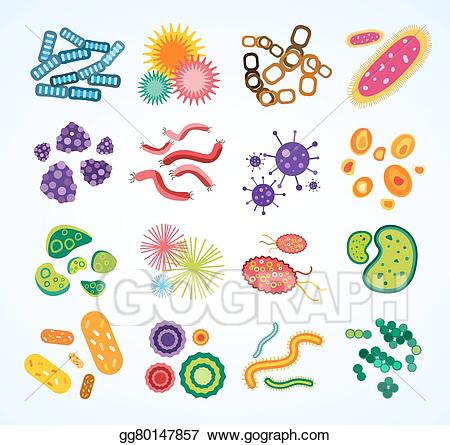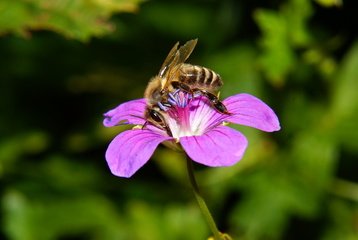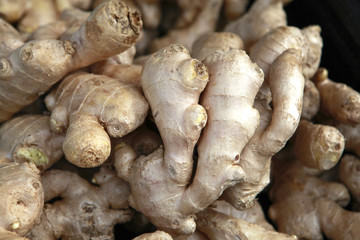What is butyrate, and why are they so very important?
Jun
17
Some good butyrate sources to include in your diet would be beans, muesli, cooked plantains, unripe bananas, cooked potatoes and cooked rice, as they upregulate the production of butyrate in your body. On the other hand, butter and ghee are directly ingested sources of butyrate and thus highly recommended for use in cooking!
More reading about the benefits of butyrate:
https://www.fivejourneys.com/blog/tackling-gut-health-with-sources-of-butyrate-why-what-how/
https://atlasbiomed.com/blog/what-is-butyrate/












